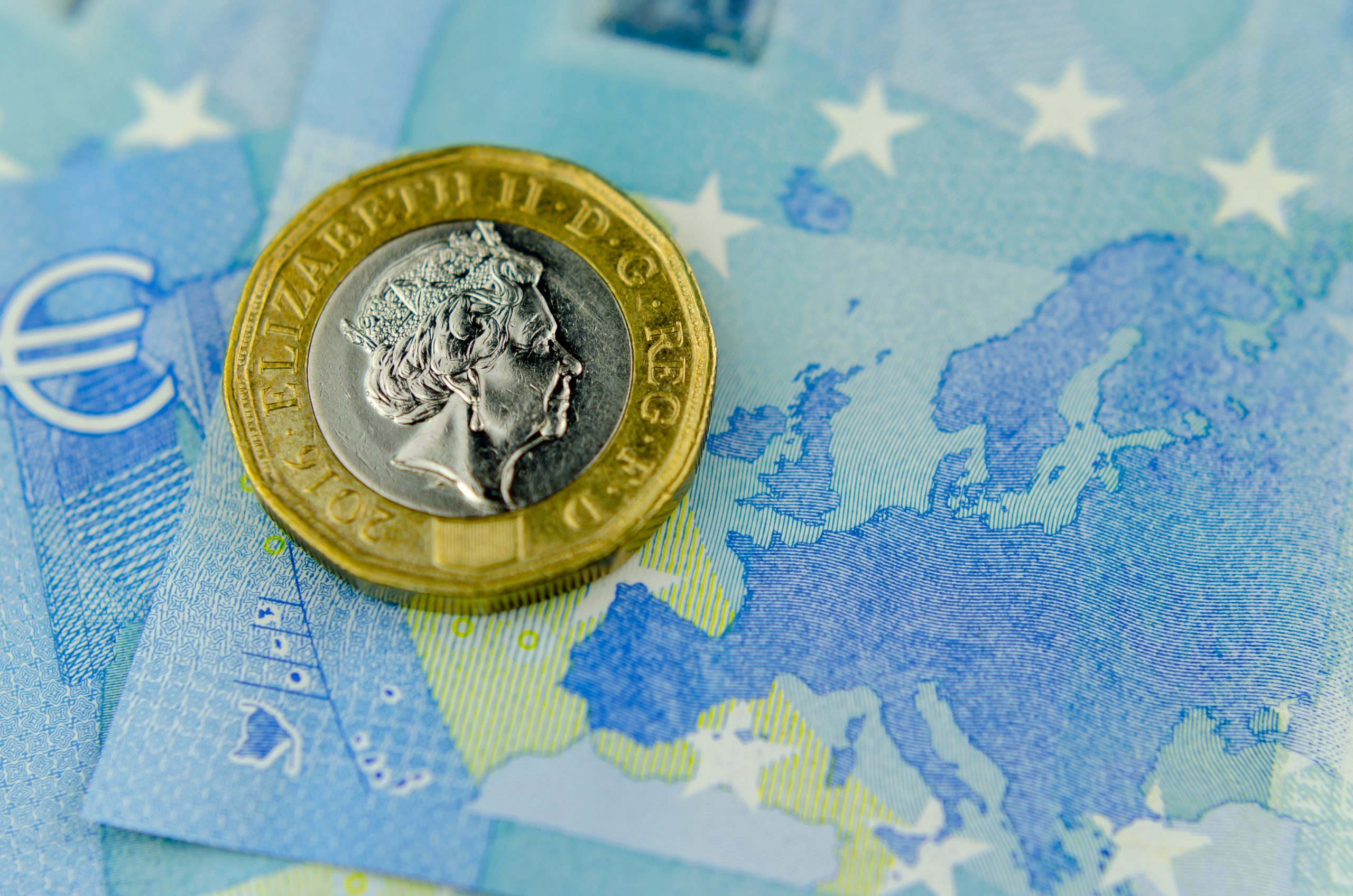Pound Euro (GBP/EUR) Exchange Rate Rangebound amid Uncertainty on Both Sides
The Pound Euro (GBP/EUR) exchange rate is wavering in a narrow range today amid uncertainty ahead of the German general election.
Both currencies also suffered some negative data this morning, while the UK’s ongoing lorry driver shortage is hitting fuel forecourts.
Pound (GBP) Undermined by Lorry Driver Shortage
The Pound (GBP) is struggling for direction against the Euro (EUR) today as tailwinds from yesterday’s Bank of England (BoE) announcement are offset by the UK’s ongoing labour shortages.
In its latest policy decision the BoE signalled that it may begin tightening monetary policy in the near future, saying that the case for tapering bond purchases ‘appears to have strengthened’.
While the bank kept interest rates and bond-buying unchanged, two of the nine members of the Monetary Policy Committee (MPC) voted to reduce quantitative easing.
The bank also warned that UK inflation could climb above 4% this year and remain elevated into the second quarter of 2022, as the surging cost of energy pushes up prices.
The BoE’s stance raises the likelihood of an interest rate hike as early as March 2022, which boosted GBP yesterday and may be continuing to support it today.
However, Sterling also remains pressured by the UK’s shortages in the labour market, as a lack of lorry drivers has led to disruption in fuel deliveries.
BP has had to close some of its forecourts while many others are short of at least one grade of fuel, while other companies are also reporting outages.
Industry leaders and opposition MPs are calling to the government to make drivers eligible for skilled worker visas in the hopes that a return of migrant workers will fill the skills gap.
In addition, the Confederation of British Industry’s (CBI) latest distributive trades report massively missed forecasts of 35, instead dropping from 60 to 11 – its lowest reading in six months.
Euro (EUR) Subdued ahead of German Election
The Euro (EUR), meanwhile, is subdued ahead of Germany’s general election on Sunday.
The election marks the end of Angela Merkel’s 16 years as Chancellor, and her tenure has been a source of certainty for EUR investors during that time.
As such, investors are understandably cautious ahead of Sunday’s election, especially as voter volatility is particularly high in Germany. Many German voters were loyal to Merkel rather than her Christian Democratic Union (CDU) party, so the country is facing unprecedented political uncertainty now that Merkel is stepping down.
The frontrunner in the election is Olaf Scholz, leader of the Social Democratic Party (SPD) and current finance minister. While largely seen as a ‘safe pair of hands’, Scholz has refused to rule out a coalition with the far-left Die Linke party – an outcome that, while unlikely, could result in less pro-business policies.
Another factor dampening EUR demand is the latest Ifo business climate report, also from Germany. The reading fell to its worst level in five months as a ‘bottleneck recession’ stifles the country’s economy.
Ongoing supply shortages are denting industrial production, with firms finding it hard to procure raw materials.
Pound Euro Exchange Rate Forecast: Potential Volatility Ahead
As we head into the afternoon, the disappointing CBI data could begin to weigh more heavily on GBP.
Meanwhile, transport secretary Grant Shapps is trying to allay fears over the fuel shortage situation, saying it will be ‘smoothed out relatively quickly’. Whether his words will soothe GBP investors, or if any concrete actions are to be announced, remains to be seen.
In the longer term, it seems that the UK’s economic woes are not only piling up but also exacerbating one another. If issues around prices, labour shortages, supply chains and energy continue to worsen, Sterling may have some rocky days ahead.
For the Euro, it may experience some volatility around and immediately after the election, particularly if there are drawn-out coalition negotiations. However, once the new political leadership is in place, things may settle.


Comments are closed.